Mount Rainier has many wonderful wildflower hikes, and the hike to Bench and Snow Lakes is no exception. This is at a slightly lower elevation than the Myrtle Falls hike I’ve written about, so you get a different (but overlapping) selection of wildflowers. The hike has meadows, lakes, a stream through a rockfall, forested trails, all within just a few miles. It’s a great hike!
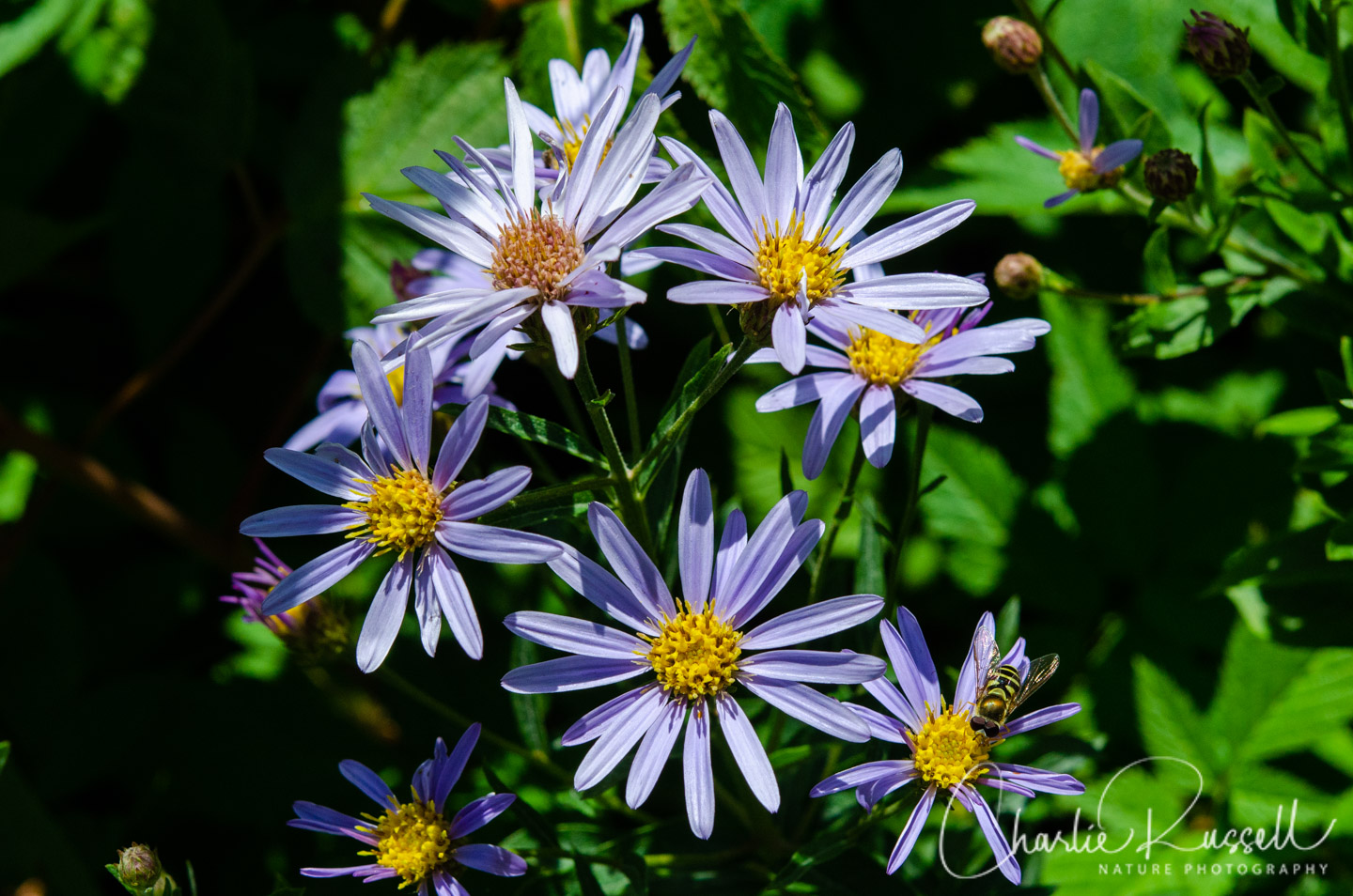
The Hike
This hike is roughly 3 miles round trip, depending on where you go at the end. It starts with a steep climb up from the Stevens Canyon Road, through a very lush and green section. Along here we saw lots of Avalanche Lilies that had already gone to seed – if we had visited earlier in the year there would have been masses of them on both sides of the trail.
After a steep climb you come to a more open area where you alternate between meadows, shrubs, and forest. Lots of flowers along the way.
The trail drops down to Bench Lake, although you have to go off to the side to get close to the lake. After this, an even steeper climb (lots of steps!) up to the area where you’ll find Snow Lake. Along this section we did find some Avalanche Lilies still in bloom.
Snow Lake is beautiful, ringed with trees. When you first come to the lake there is a split in the trail, going left takes you to the camping area. It also says that there are toilets that way, but they must be a long way off from the main trail (we didn’t find them). Continuing on the branch to the right you come to another open area where there is a meadow, and a sign saying that this is the end of the maintained trail.
We continued past this point (the trail is narrower, but obvious) to come to the end of the cirque, where there is a massive rockfall and a stream feeding into the lake. We found a different selection of flowers here, well worth pushing on to the end.
Here are a few shots of the trail, click on any of them to see a full view.
Here’s the track that we followed:
Snow Lake
Profile
Description
Move your mouse along the elevation graph to show the location on the map. The Refresh icon will re-center the map. The Expand icon will expand to full screen.
Directions
The trailhead is on the Stevens Canyon Road, about five miles southeast of the the Paradise/ Henry Jackson Visitor Center, on the south side of Mount Rainier National Park. Parking is along the road, and is limited. We had no problem parking early in the day, but by the time we were finished the parking lot was jammed. This is a very popular hike, although it wasn’t as crowded as the ones by the visitor’s center.
There are no restrooms at the trailhead, and we never found the toilet that was alluded to in the trail sign at the lake.
Timing is Everything
This visit was in late July, and there was no snow on the ground here. We had wonderful weather, a few scattered clouds and temperatures in the mid 70’s. The hike starts at about 4500′ elevation, which is almost 1000′ lower than the ones at Paradise, so things bloom earlier here. You’ll find later-season flowers here than you do at the higher elevations, which makes this very interesting to compare with the other hikes.
The Flowers
Here’s a sample of a few of my favorites from this hike.
Columbia Lily really stand out when you find them!
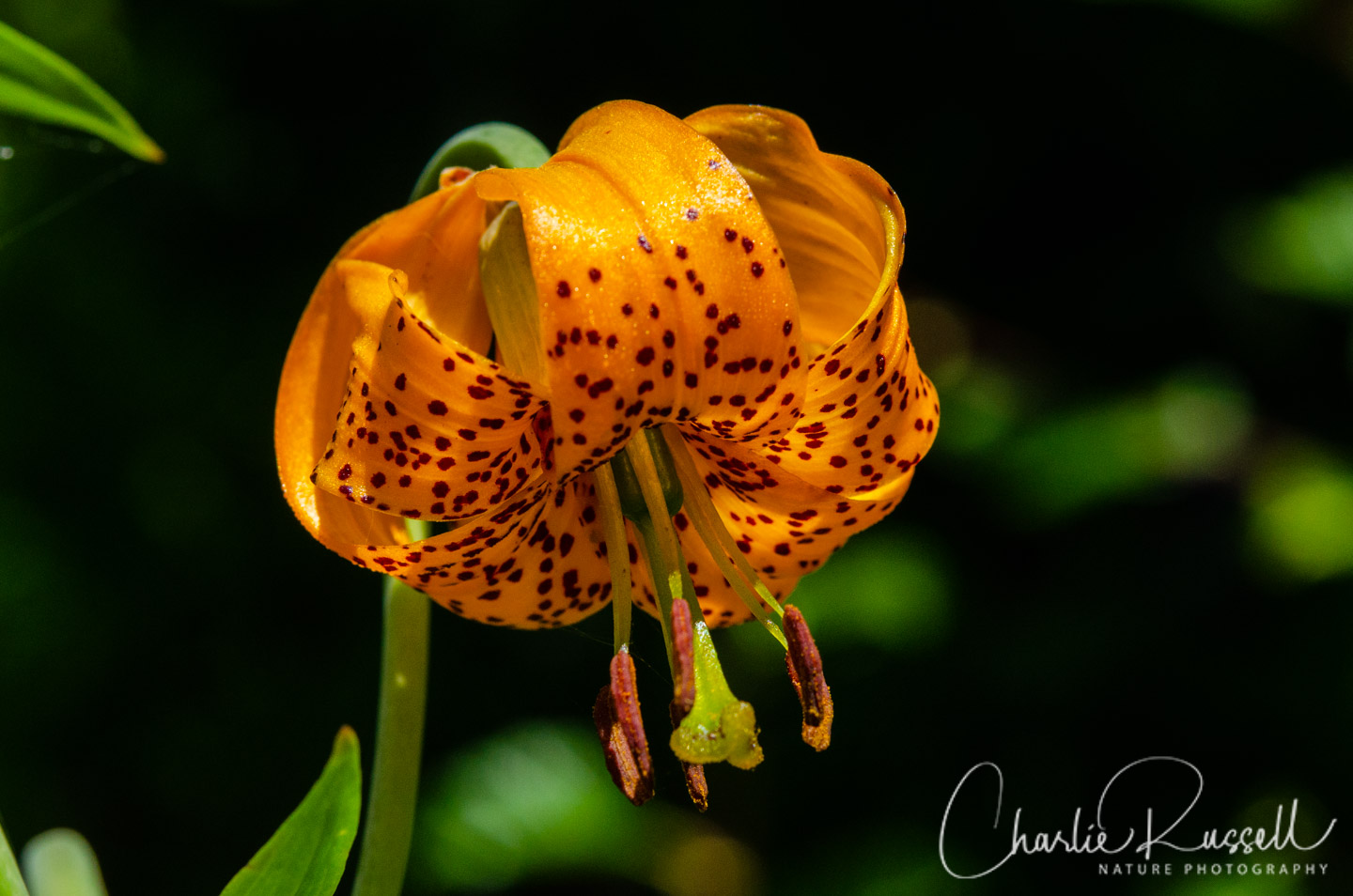
Green Corn Lily was blooming here, while it wasn’t open yet at the higher elevations. Interesting! I’m used to the white California Corn Lily.
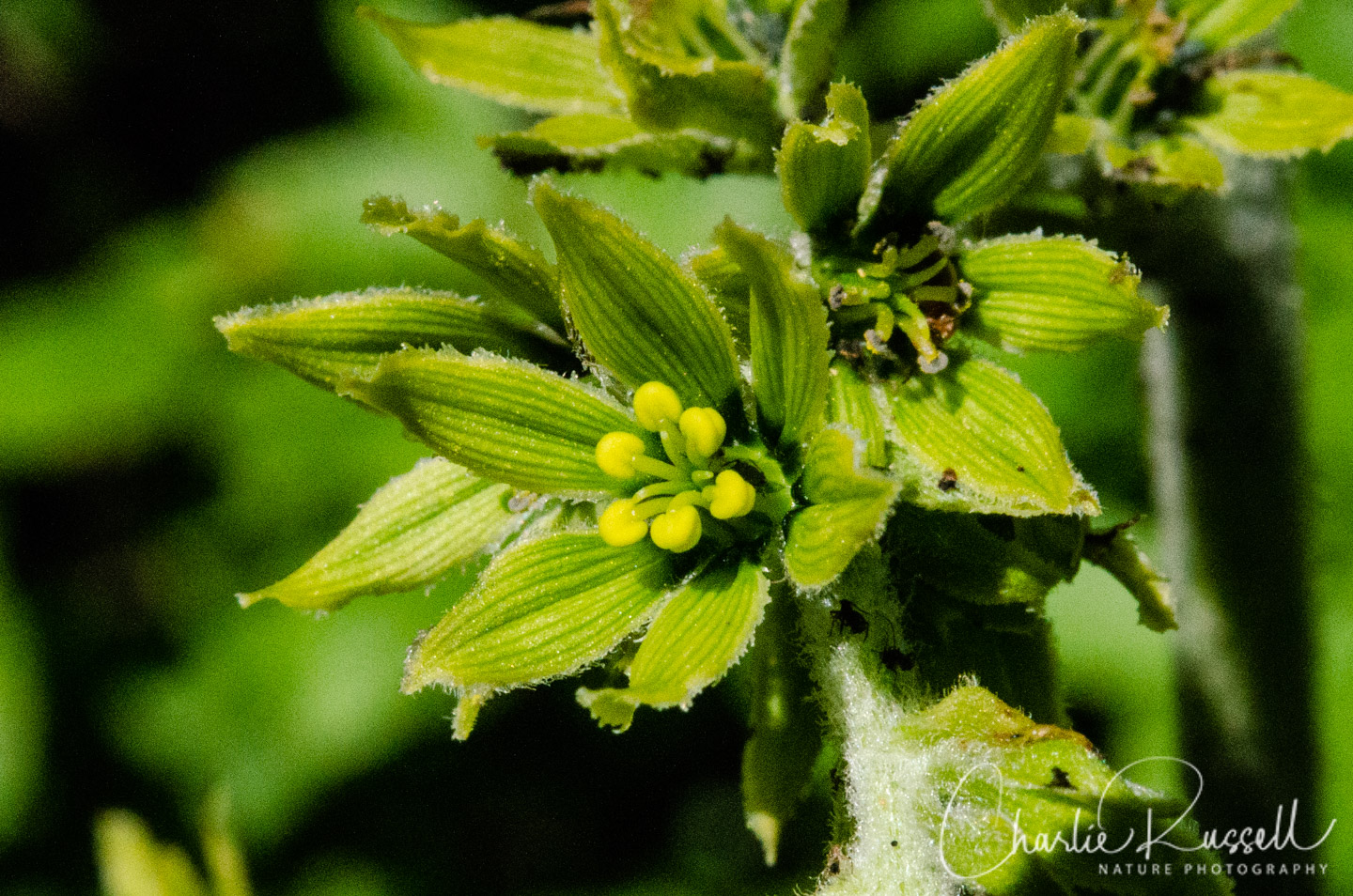
White Rhododendron was a surprise. I didn’t realize it was a rhododendron, the inflorescence is structured so differently. It almost looks like a wild plum!
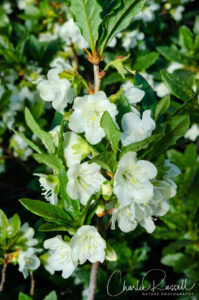
For the best viewing experience, click on the lightbox image below, and you can scroll through larger versions of the photos of many of the plants (and other things) that we found on this hike. All photos are available for purchase in a variety of formats.
Mount Rainier Snow Lake Wildflowers
Here’s a listing of the native plants that we found on this visit.
- Alpine Speedwell, Veronica wormskjoldii
- American Bistort, Polygonum bistortoides
- Avalanche Lily, Erythronium montanum
- Bear Grass, Xerophyllum tenax
- Brewer’s Mitrewort, Mitella breweri
- Cascade aster, Eucephalus ledophyllus
- Cascades Penstemon, Penstemon serrulatus
- Crimson Columbine, Aquilegia formosa
- Columbia Lily, Lilium columbianum
- Elephant’s head, Pedicularis groenlandica
- False Bugbane, Trautvetteria caroliniensis
- Fan-leaf Cinquefoil, Potentilla flabellifolia
- Fool’s Huckleberry, Menziesia ferruginea
- Goat’s Beard, Aruncus dioicus
- Green Corn Lily, Veratrum viride
- Greenleaf Strawberry, Fragaria vesca
- Jeffrey’s Shooting Star, Primula jeffreyi
- Huckleberry, Vaccinium spp.
- Indian Thistle, Cirsium edule
- Leatherleaf Saxifrage, Leptarrhena pyrolifolia
- Lewis’s Monkeyflower, Erythranthe lewisii
- Magenta Paintbrush, Castilleja parviflora var. oreopola
- Marsh Marigold, Caltha leptosepala
- Nelson’s Brook Saxifrage, Saxifraga nelsoniana ssp. cascadensis
- Orange Agoseris, Agoseris aurantiaca
- Partridgefoot, Luetkea pectinata
- Pink Mountain Heather, Phyllodoce empetriformis
- Rose meadowsweet, Spiraea splendens
- Rusty Saxifrage, Saxifraga ferruginea
- Scarlet Paintbrush, Castilleja miniata
- Sitka Mountain Ash, Sorbus sitchensis var. sitchensis
- Sitka Valerian, Valeriana sitchensis
- Slender Bog Orchid, Platanthera stricta
- Subalpine Lupine, Lupinus arcticus ssp. subalpinus
- Tinker’s Penny, Hypericum anagalloides
- Tundra aster, Oreostemma alpigenum
- Turtlehead, Nothochelone nemorosa
- Wandering Daisy, Erigeron peregrinus
- White Mountain Heather, Cassiope mertensiana
- White Rhododendron, Rhododendron albiflorum


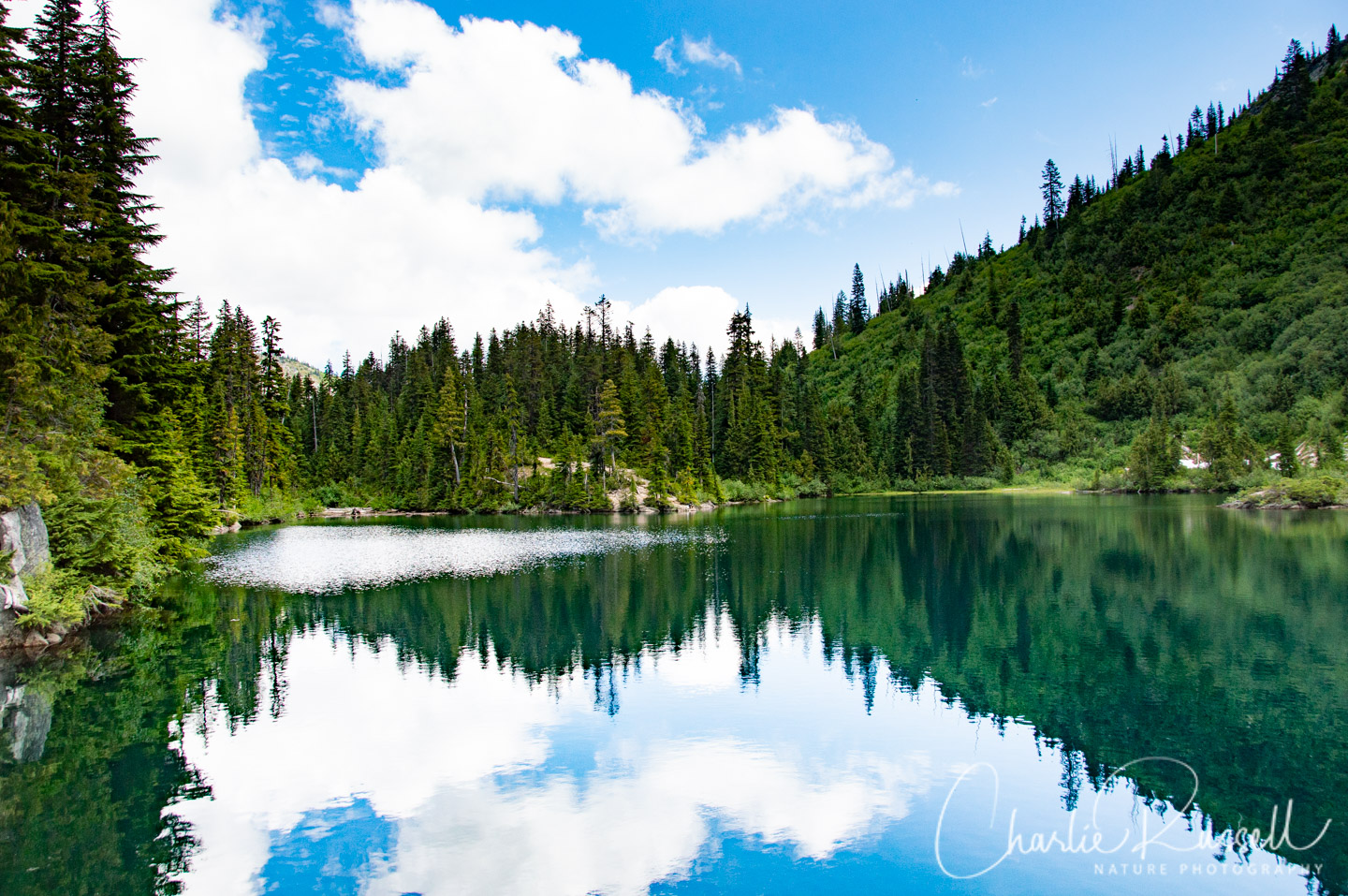
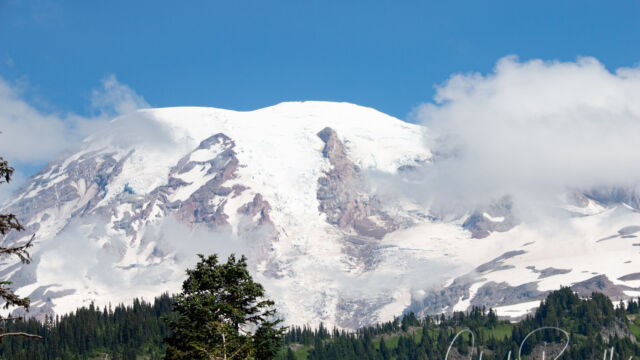
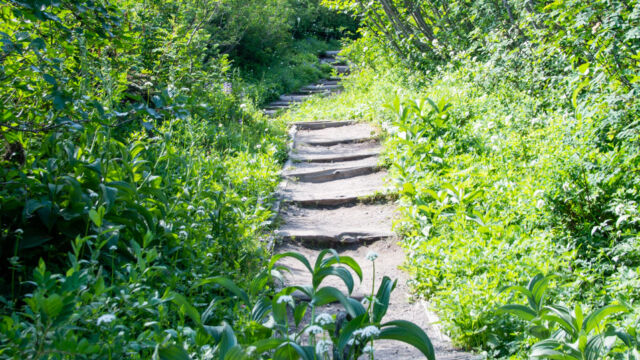
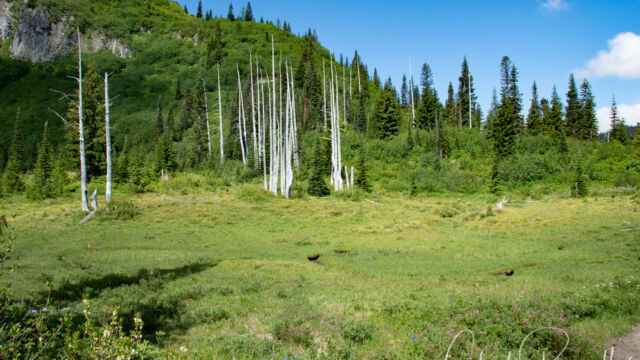
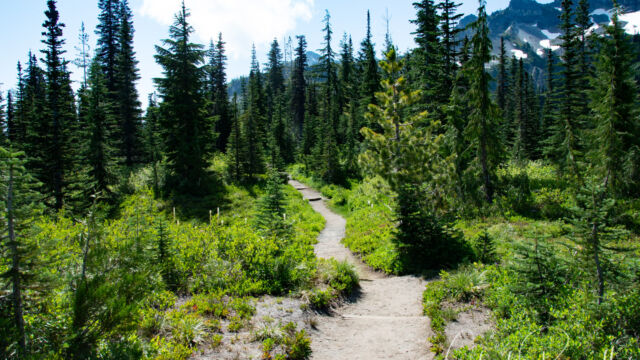
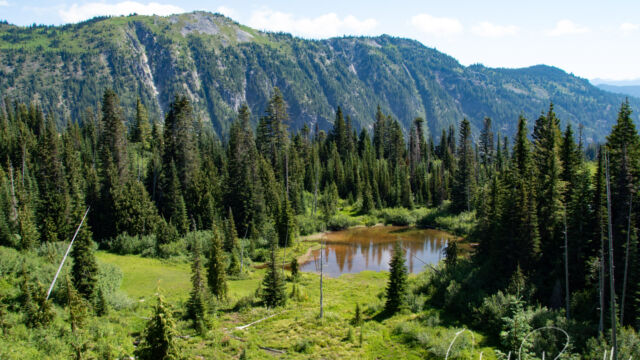
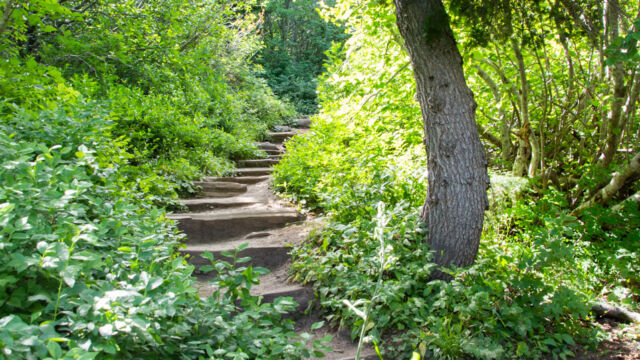
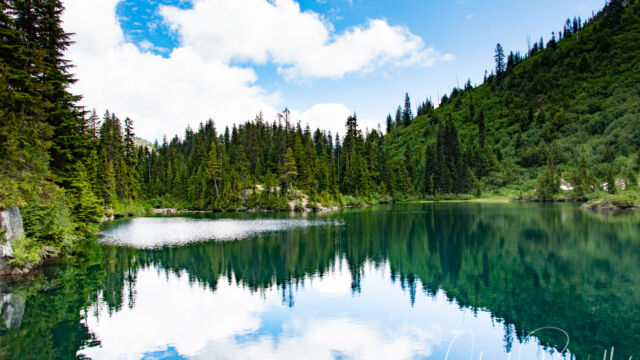
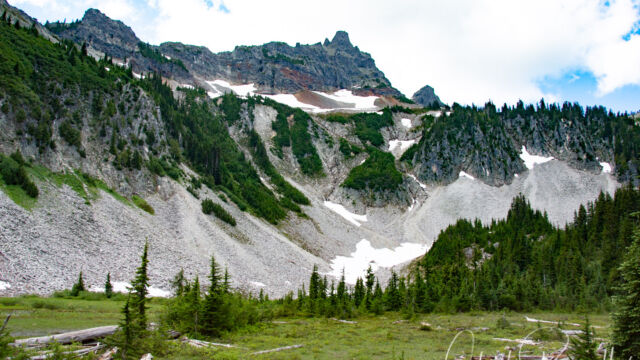
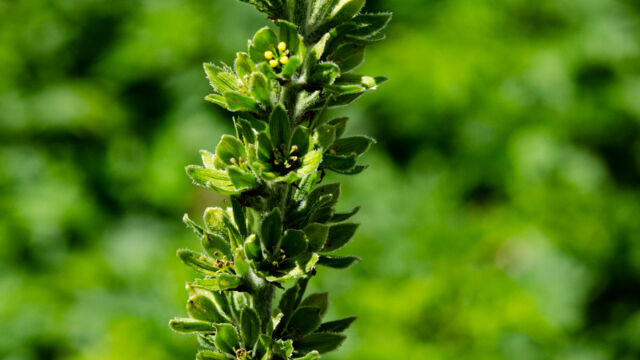
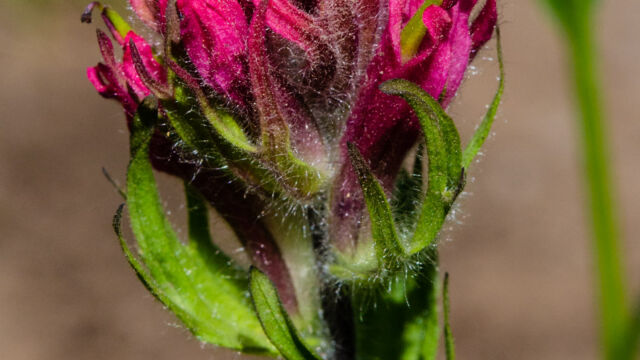
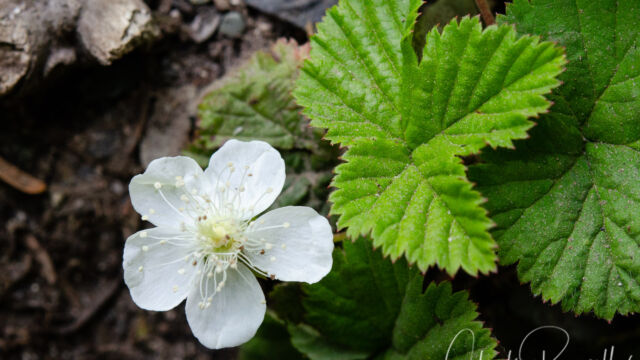
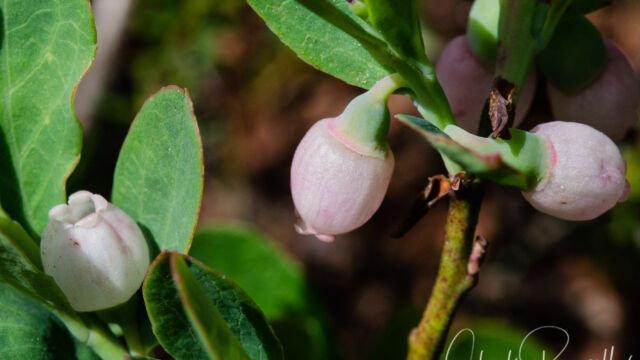
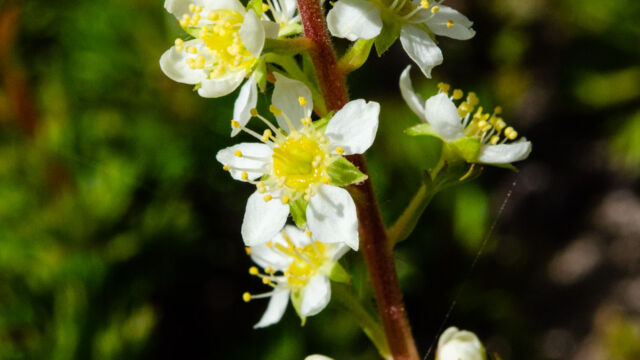
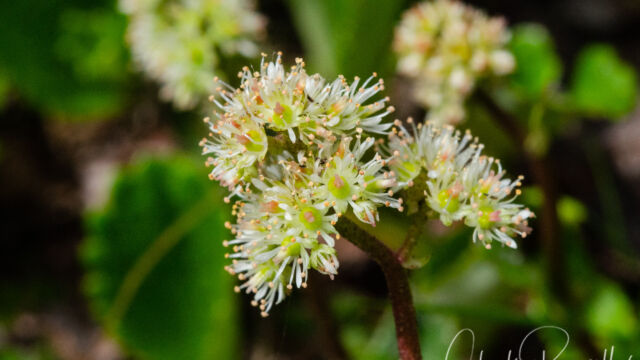
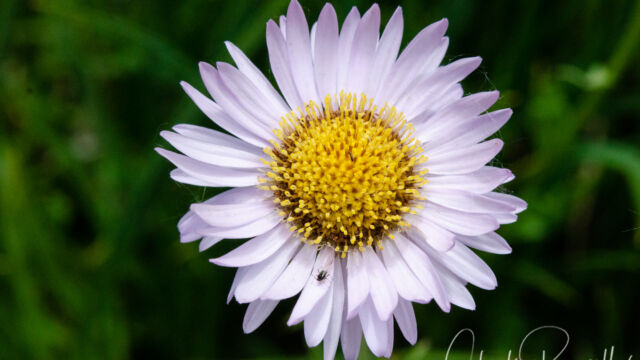
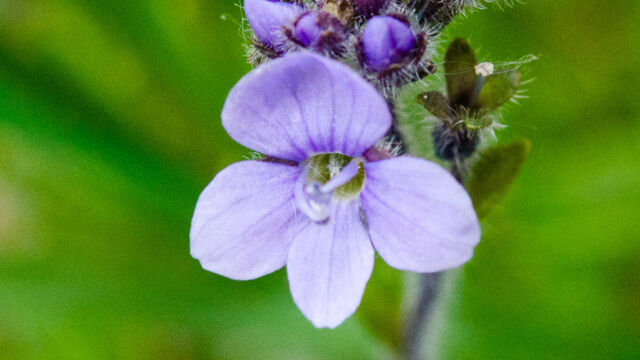
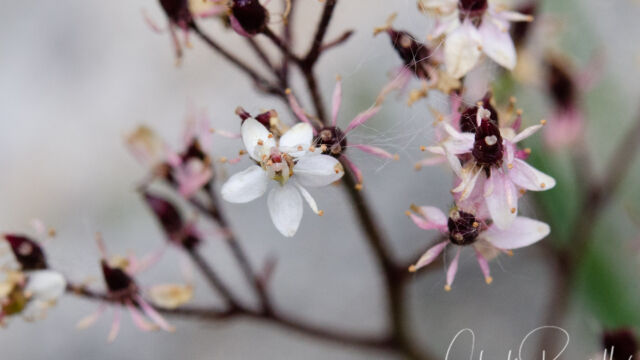
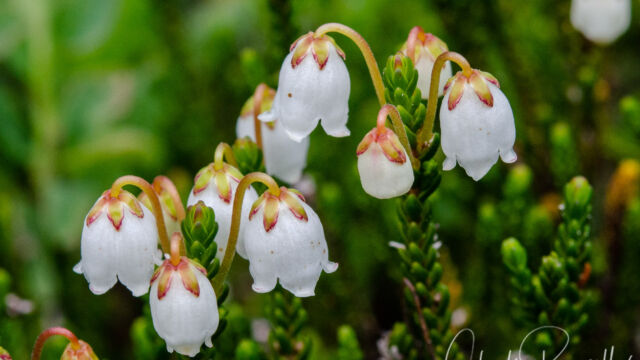
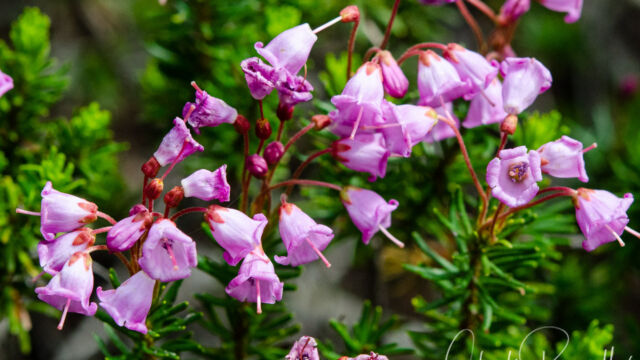
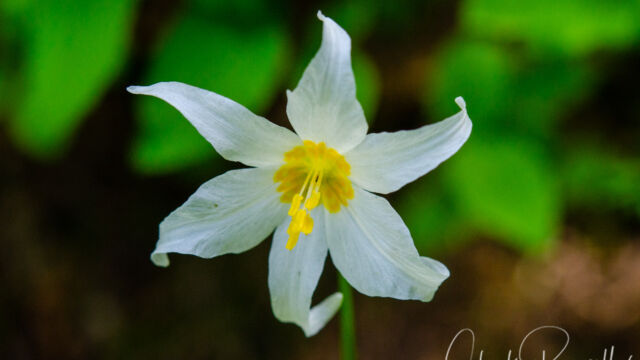
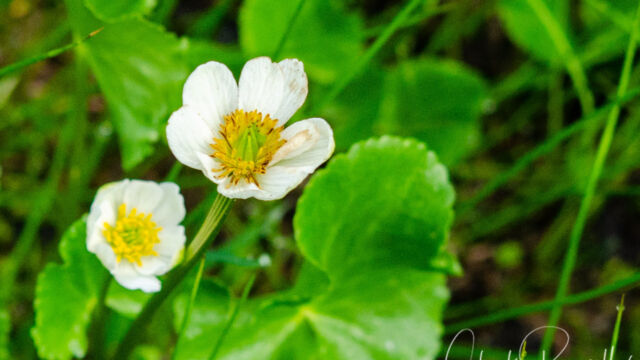
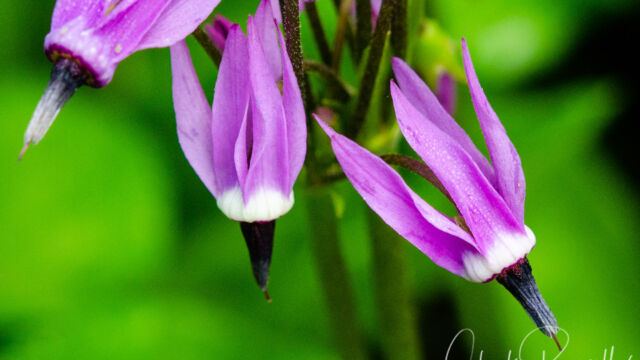
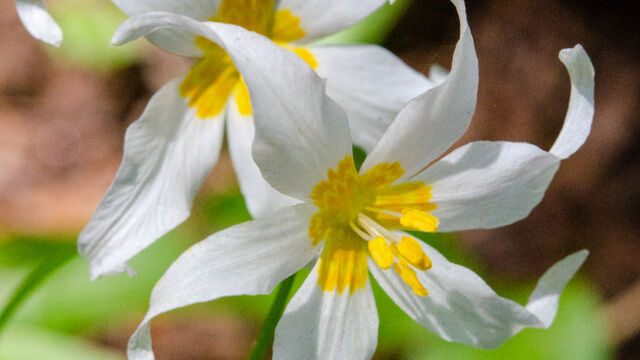
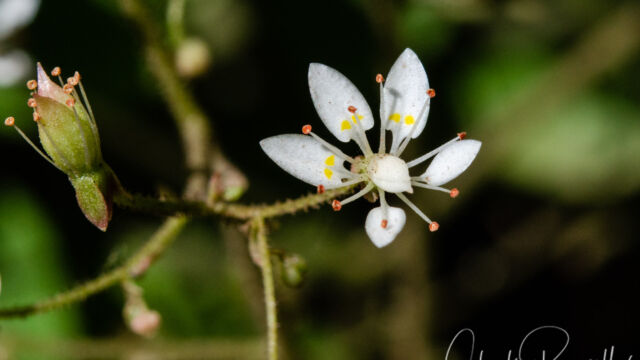

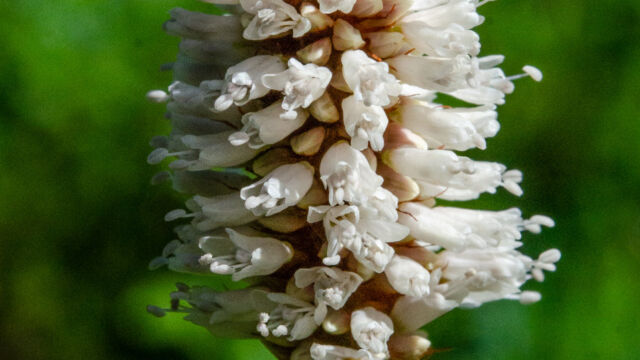
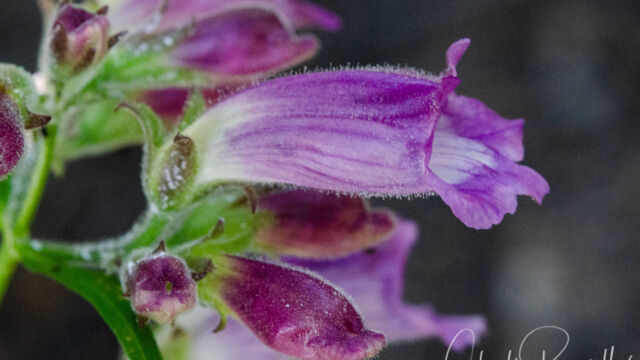
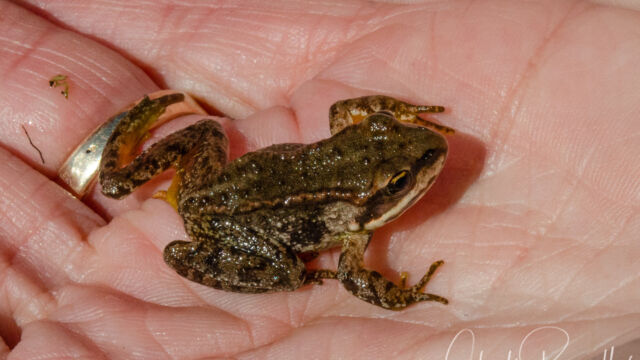
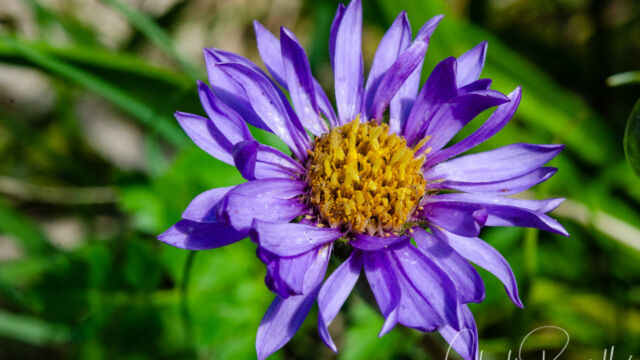
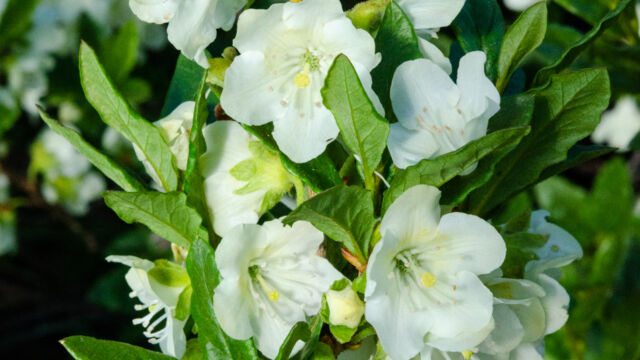
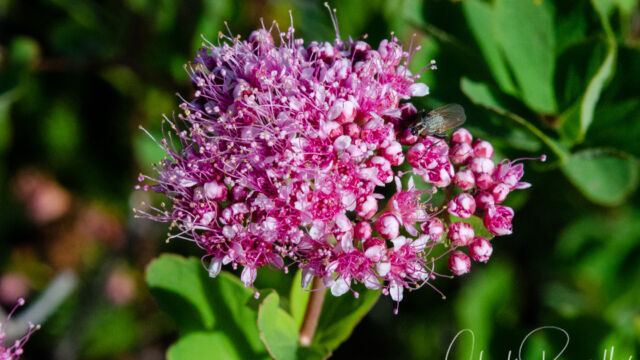
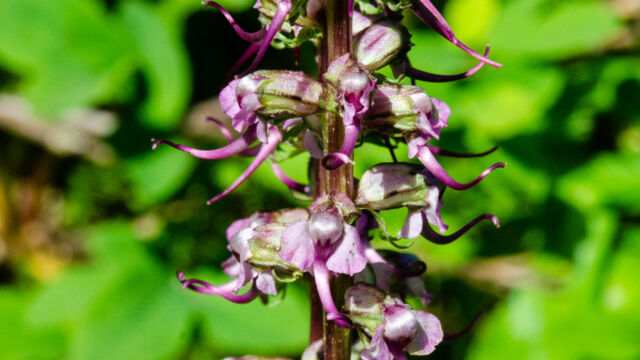
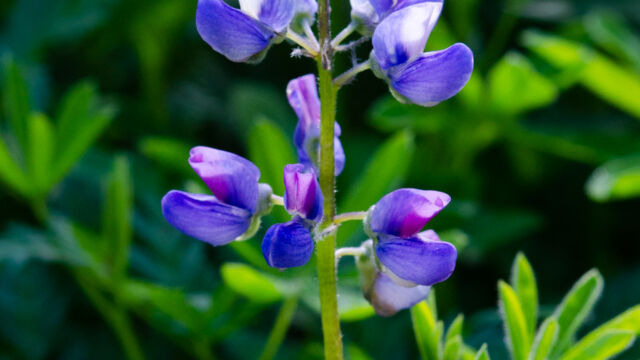
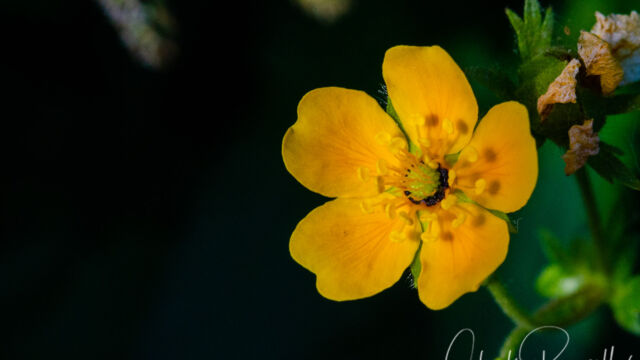
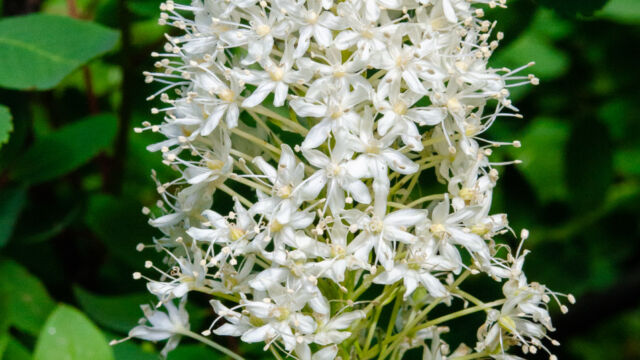
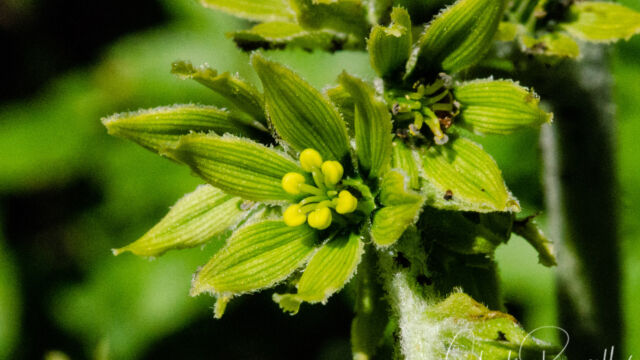
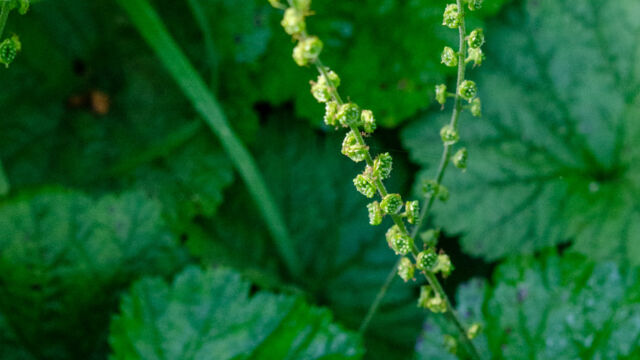
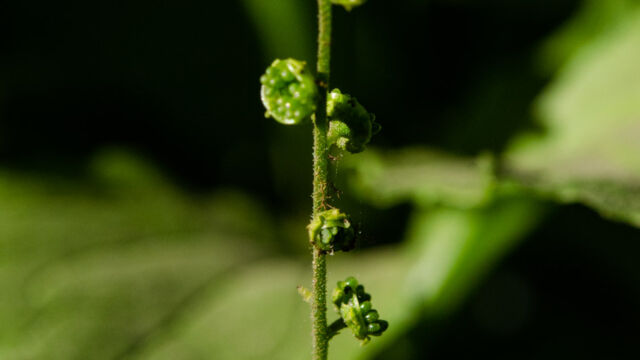
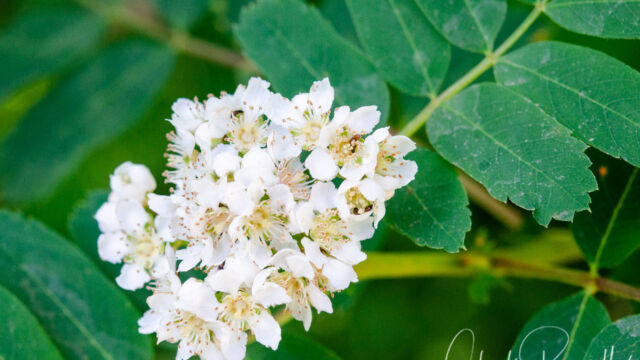
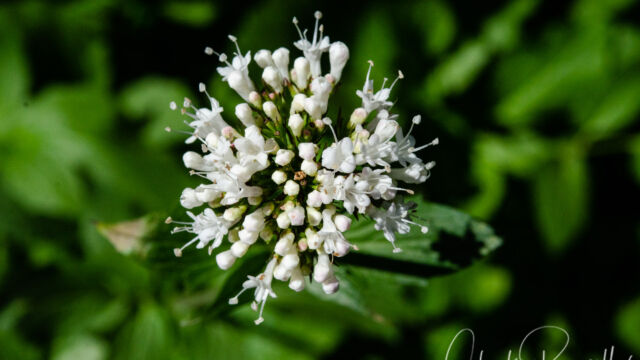
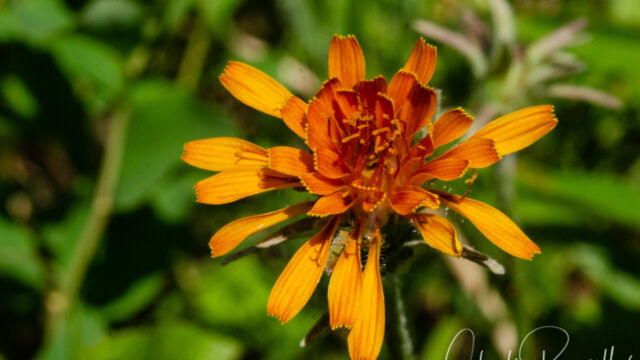
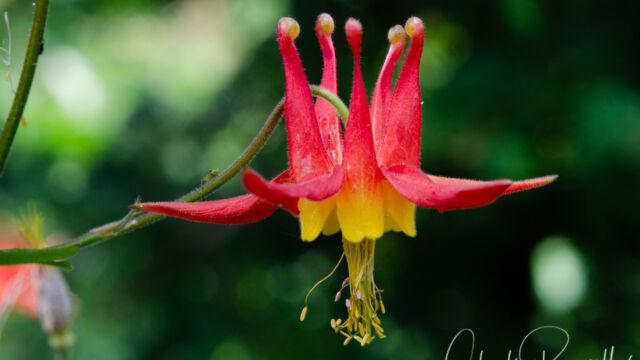
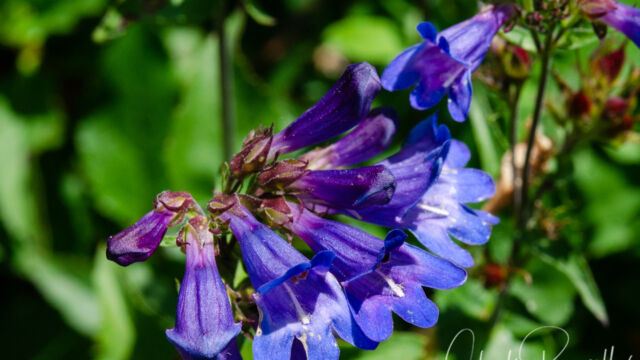
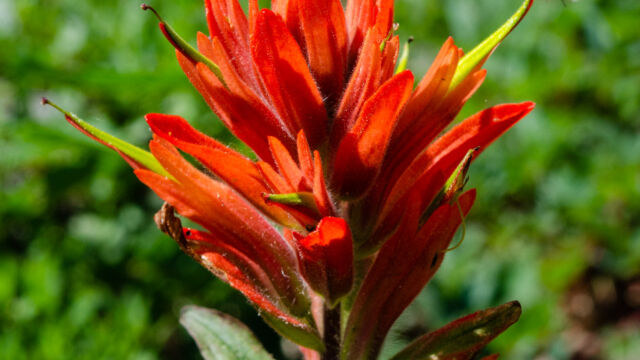
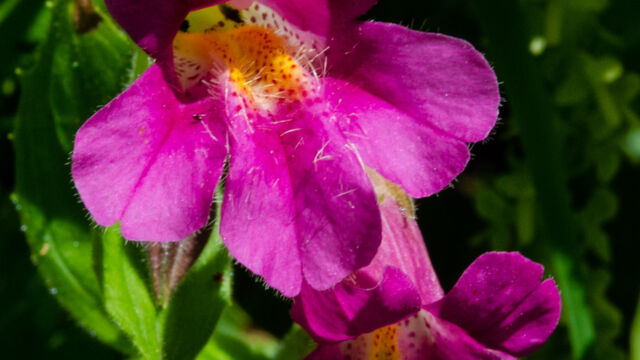
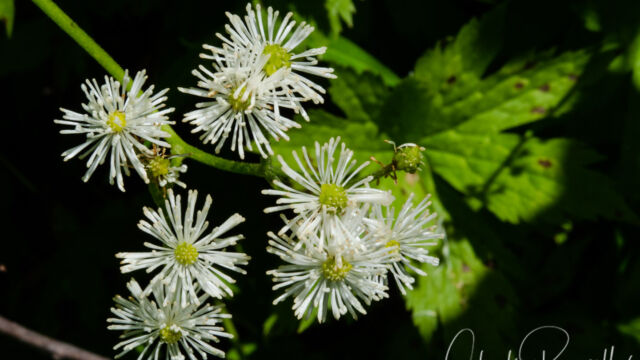
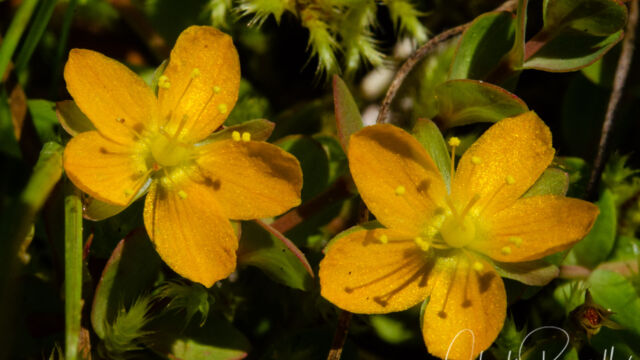
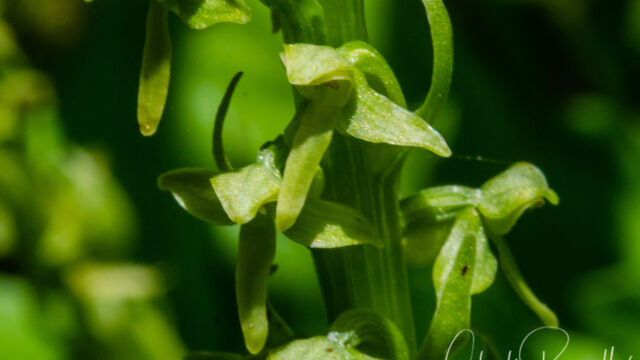
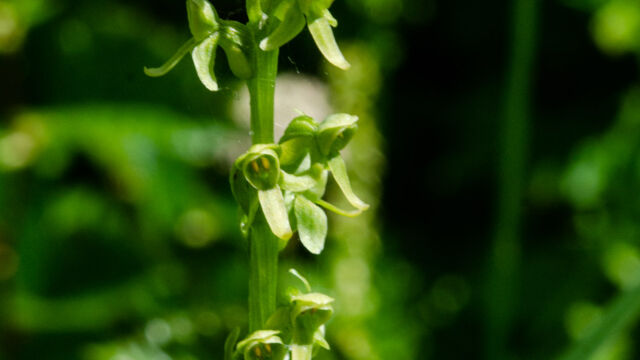
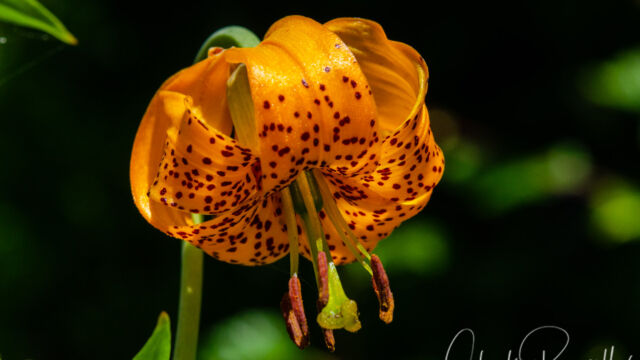
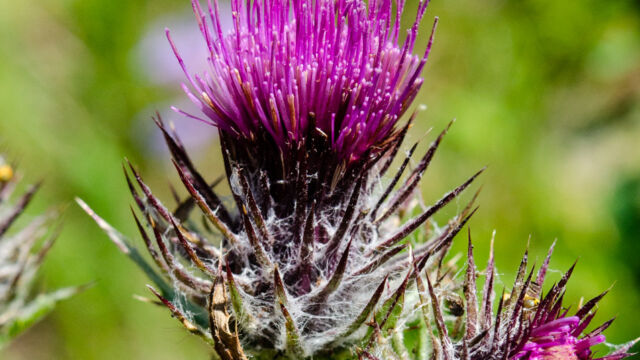
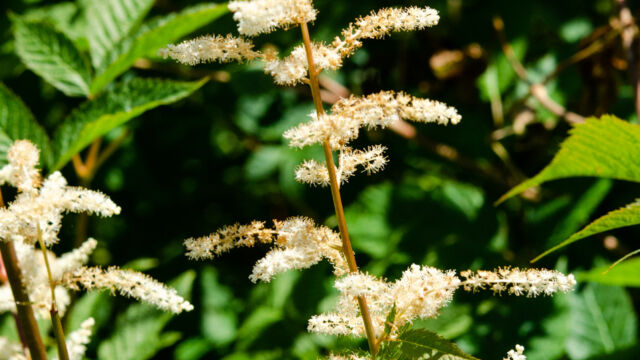
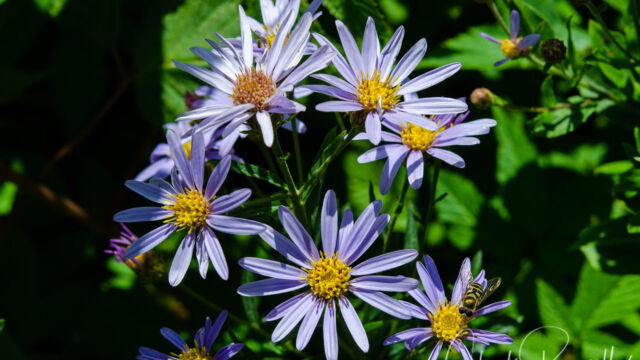
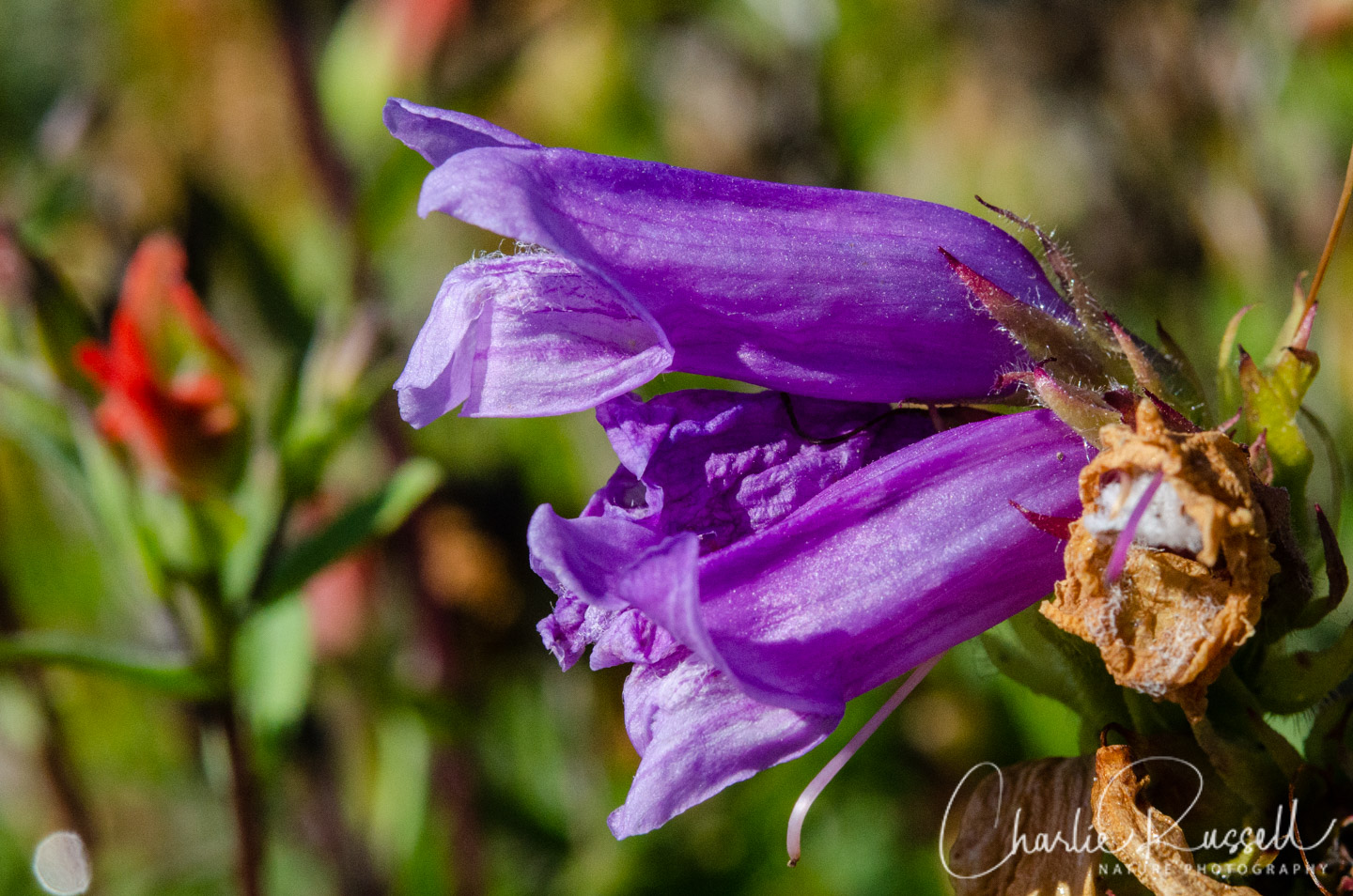
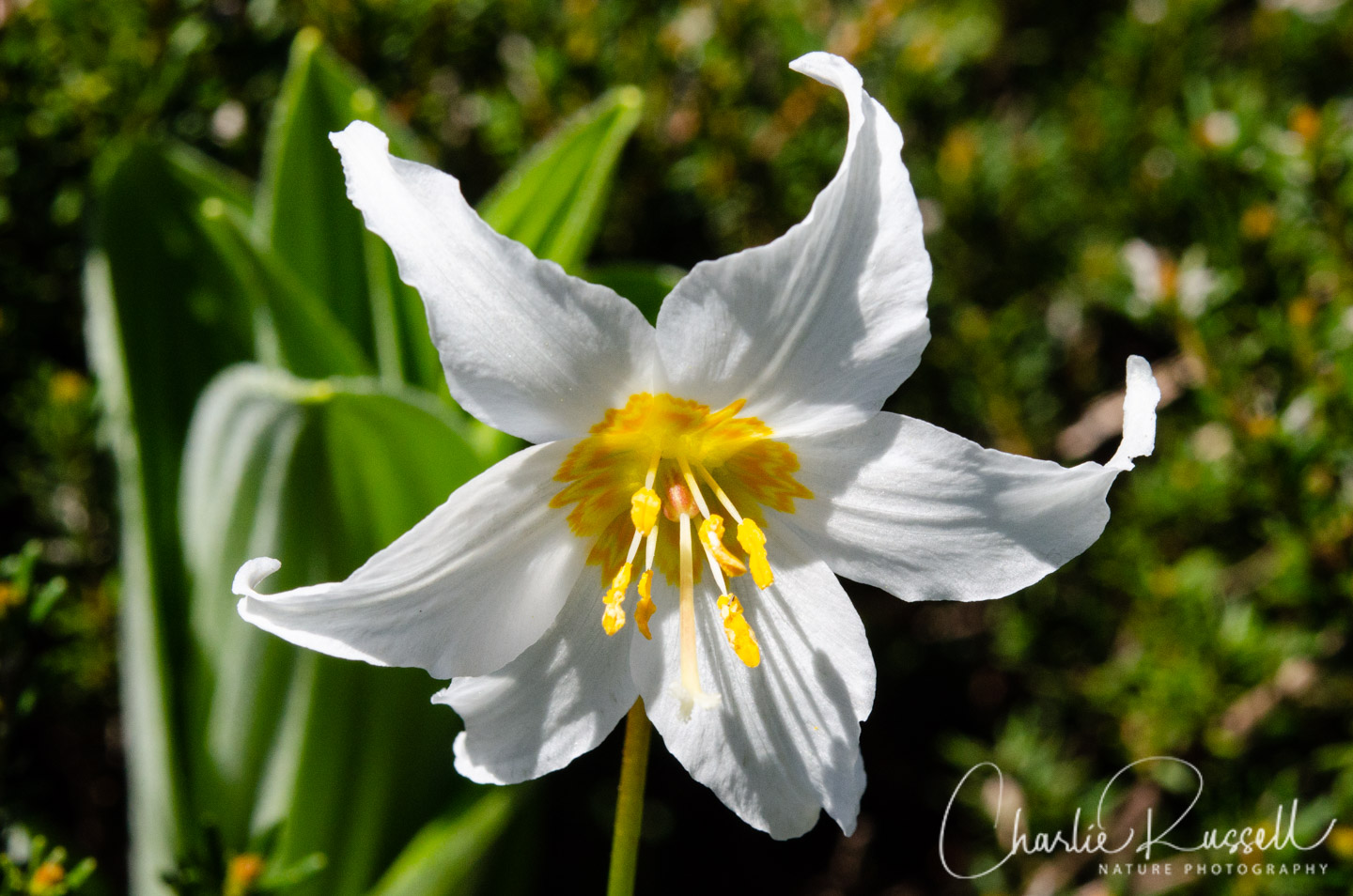
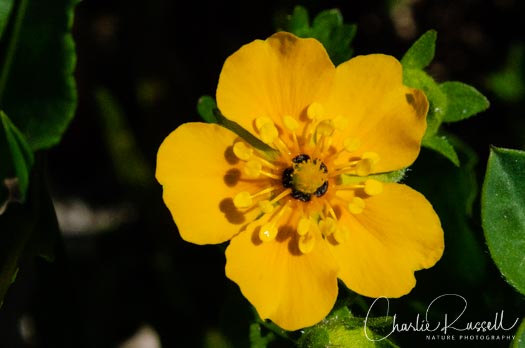
Add comment